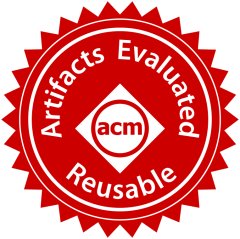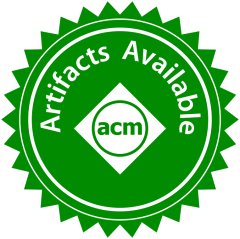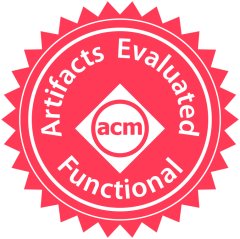Can Automated Program Repair Refine Fault Localization? A Unified Debugging Approach


A large body of research efforts have been dedicated to automated software debugging, including both automated fault localization and program repair. However, existing fault localization techniques have limited effectiveness on real-world software systems while even the most advanced program repair techniques can only fix a small ratio of real-world bugs. Although fault localization and program repair are inherently connected, we observe that in the literature their only connection is that program repair techniques usually use off-the-shelf fault localization techniques (e.g., Ochiai) to determine the potential candidate statements/elements for patching. In this work, we explore their connection in the other direction, i.e., can program repair in turn help with fault localization? In this way, we not only open a new dimension for more powerful fault localization, but also extend the application scope of program repair to all possible bugs (not only the bugs that can be directly automatically fixed). We have designed ProFL to leverage patch execution results (from program repair) as the feedback information for fault localization. The experimental results on the widely used Defects4J benchmark show that the basic ProFL can already at least localize 37.6% more bugs within Top-1 than state-of-the-art spectrum and mutation based fault localization. Furthermore, ProFL can boost state-of-the-art fault localization via both unsupervised and supervised learning. Meanwhile, we have demonstrated ProFL’s effectiveness under different settings and through a case study within an international IT company with over 700M Monthly Active Users.
Mon 20 JulDisplayed time zone: Tijuana, Baja California change
13:30 - 14:30 | REPAIR AND DEBUGTechnical Papers at Zoom Chair(s): Xuan Bach D. Le The University of Melbourne Public Live Stream/Recording. Registered participants should join via the Zoom link distributed in Slack. | ||
13:30 20mTalk | Can Automated Program Repair Refine Fault Localization? A Unified Debugging Approach Technical Papers Yiling Lou Peking University, China, Ali Ghanbari Iowa State University, Xia Li Kennesaw State University, Lingming Zhang The University of Texas at Dallas, Haotian Zhang Ant Financial, Dan Hao Peking University, Lu Zhang Peking University, China DOI Pre-print Media Attached | ||
13:50 20mTalk | Automated Repair of Feature Interaction Failures in Automated Driving Systems Technical Papers Raja Ben Abdessalem SnT Centre/University of Luxembourg, Annibale Panichella Delft University of Technology, Shiva Nejati University of Ottawa, Lionel C. Briand SnT Centre/University of Luxembourg, Thomas Stifter DOI Pre-print | ||
14:10 20mTalk | CoCoNuT: Combining Context-Aware Neural Translation Models using Ensemble for Program Repair Technical Papers Thibaud Lutellier , Hung Viet Pham University of Waterloo, Lawrence Pang , Yitong Li , Moshi Wei , Lin Tan Purdue University DOI Media Attached | ||